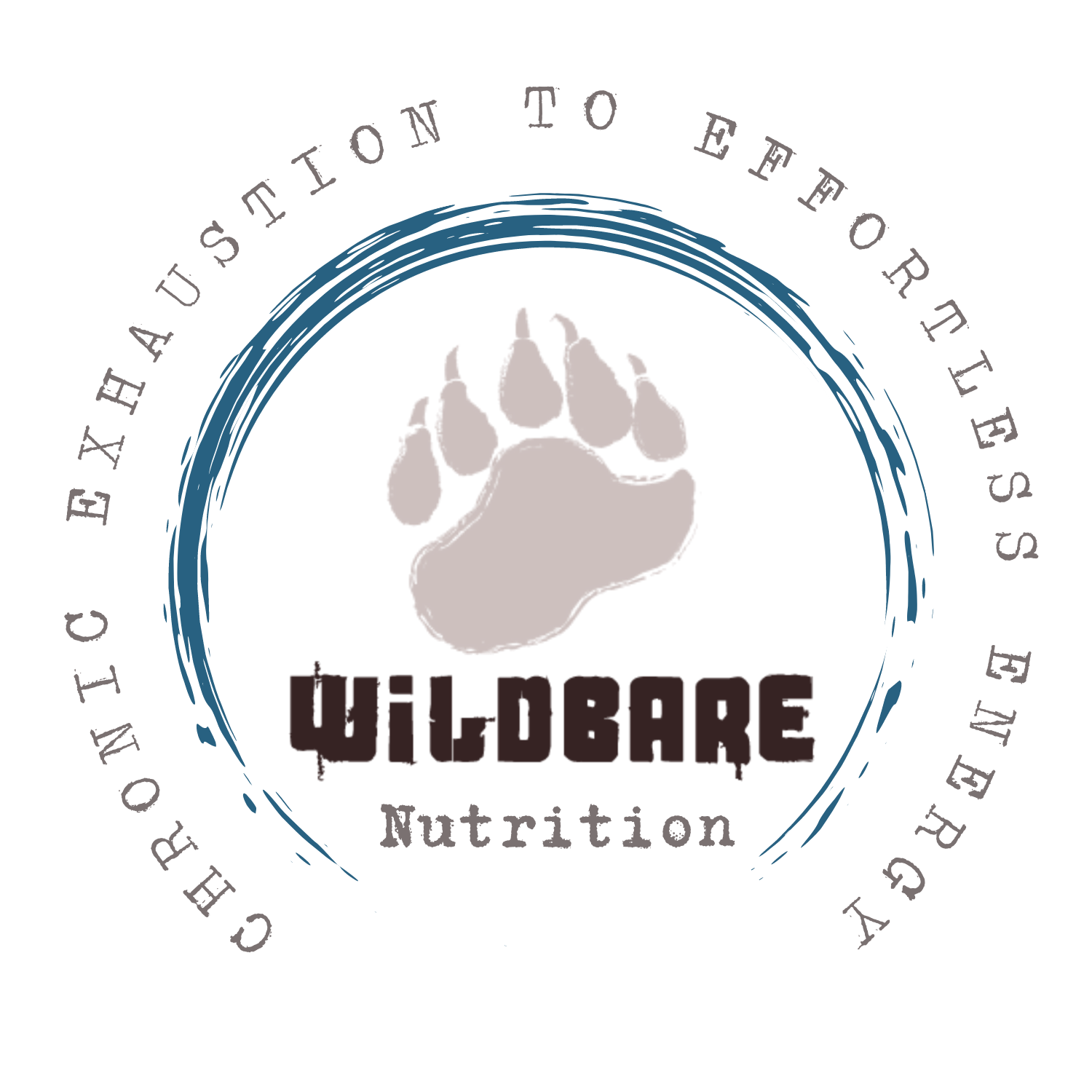If the thought of giving up coffee, sugar or alcohol makes you panic, then the chances are you are currently addicted to stimulants. Before I tell you why we shouldn’t consume these products, I’d like to deal with the question of why we do consume them in the first place.
There’s no one who doesn’t know that products like these, consumed in excess, can severely harm our bodies. Yet, we still find them hard to resist. The desire to eat stimulant food is a simple human weakness that has existed for ages: humans (and many animals) have always indulged in foods that give a sort of emotional high (release of dopamine). In clinical terms, this means rapid a heartbeat, a little sweating, dilation or constriction of the pupils of the eye, a warm flush on the face, and a sense of greater sensitivity, concentration and perception.
Most of us are fond of at least one product that has the effect of a stimulant and that eventually becomes an addiction. These products include exercise or energy drinks (they come in cans and look like cola), fizzy aerated drinks, tobacco, strong coffee, strong tea, sugar and alcohol. These products contain caffeine, nicotine or sugar and all keep your blood sugar out of balance by giving you artificial boosts, closely followed by an energy slump. Triggering the brain’s pleasure and reward centres – areas in the emotional centres of the brain responsible for the release of the “feel good” neurotransmitter called dopamine.
These sensations of ‘high’ die down within a few hours, and we are left feeling listless and low. This leads to a craving for that food again, to experience the high one more time. And there we are going round and round in a vicious circle. Those cravings and satiating them is what keeps you addicted.
Your body has to work hard to deal with these elements, which it treats as toxins that need to be eliminated, if we are to detox effectively. When we are faced with the 500+ manmade chemicals already found in the human body in this toxin filled modern world we can start to understand why cutting down or cutting out stimulants can give your detox pathways a break and a real chance to work on everything else that’s being thrown at it.
Caffeine
Caffeine is dehydrating and will not help the detox process. It’s also addictive - watch out for withdrawal symptoms! A cup of coffee contains an average of 100mg of caffeine, which is deemed enough for an addictive dose.
Even more chemicals are used in the manufacturing of decaffeinated coffee and it contains 2 other stimulants (theophylline and theobromine). It’s better, but it’s not perfect. Try to go for coffee that’s decaffeinated using the swiss cold water method to avoid those chemicals. Caffeine makes you more stressed and tired as well as causing inflammation in the body and disrupting normal sleep patterns. For improved energy, mental clarity and improved mood:
AVOID: coffee, tea, colas, energy drinks and alcohol.
CHOOSE: Herb and fruit teas, Rooibos tea, water.
Alcohol
The more alcohol you drink, the more antioxidants you need. It is very acidic and toxic (hence the hangover), causes premature ageing, osteoporosis, irritate the intestinal lining, causing ‘leaky gut’ and food intolerances, cause insomnia, inflammation, weaken the immune system and can lead on to other disease states such as cancer (affects intestinal bacteria and has been shown to increase the risk of some cancers), liver disease, pneumonia as well as many other health issues. It also dehydrates and depletes B vitamins, magnesium, zinc and vitamin C which among other things affects the ability of the liver to detoxify.
Sugar
It’s hardly a newsflash that we eat too much sugar. The white stuff is ubiquitous. It goes without saying that you’ll find it in sweets, cakes and cookies. However, you’ll also find it creeping into practically every type of processed foods (which is why you don’t realise you’re eating so much) – even some of the least likely. Whoever heard of sugar as an added ingredient to flavoured crisps?
Sugar is connected to many chronic health issues e.g. type 2 diabetes, obesity, Alzheimer’s, heart disease, cancer to name a few. Sugar causes fatigue as the initial energy peak from the excess sugar in the blood stream quickly turns into an energy slump as all the sugar is packed away into the cells. This will lead to cravings for more sugar as your body tries to get itself out of the slump.
Excess glucose is initially stored in the liver and if you have a high sugar diet over time this can put a lot of pressure on the liver and cause non-alcoholic fatty liver disease. All of this will of course impact the liver’s ability to carry out its’ other important job of detoxing all the nasties that get thrown at it.
But cutting it out (or even cutting down) can feel hard – especially if you have spent years using sugary treats to give you enough energy to get through the day or as a reward for something you achieved.
I see huge improvements in my clients’ health when they cut out or even cut down on these stimulants and work on lowering their toxic load, such as:
Get their energy back so they can accomplish so much more, whether that’s at work, with the kids or whatever.
Lose that bloated feeling because they have better digestion – no more looking six months pregnant!
Rev up their metabolism so they can ditch the extra pounds that have crept on over the last few years.
Have clearer, more radiant skin – even without a trip to the beauty salon.
Sleep more soundly so that they can wake up full of energy instead of dragging themselves out of bed.
Say goodbye to hot flushes and/or intense PMS symptoms, which in turn creates much more peace at home.
And so much more.
If you want further coaching and guidance on cutting out stimulants and increasing your energy levels join us on the Detox For Energy 14 day online program which starts 6th February.




















